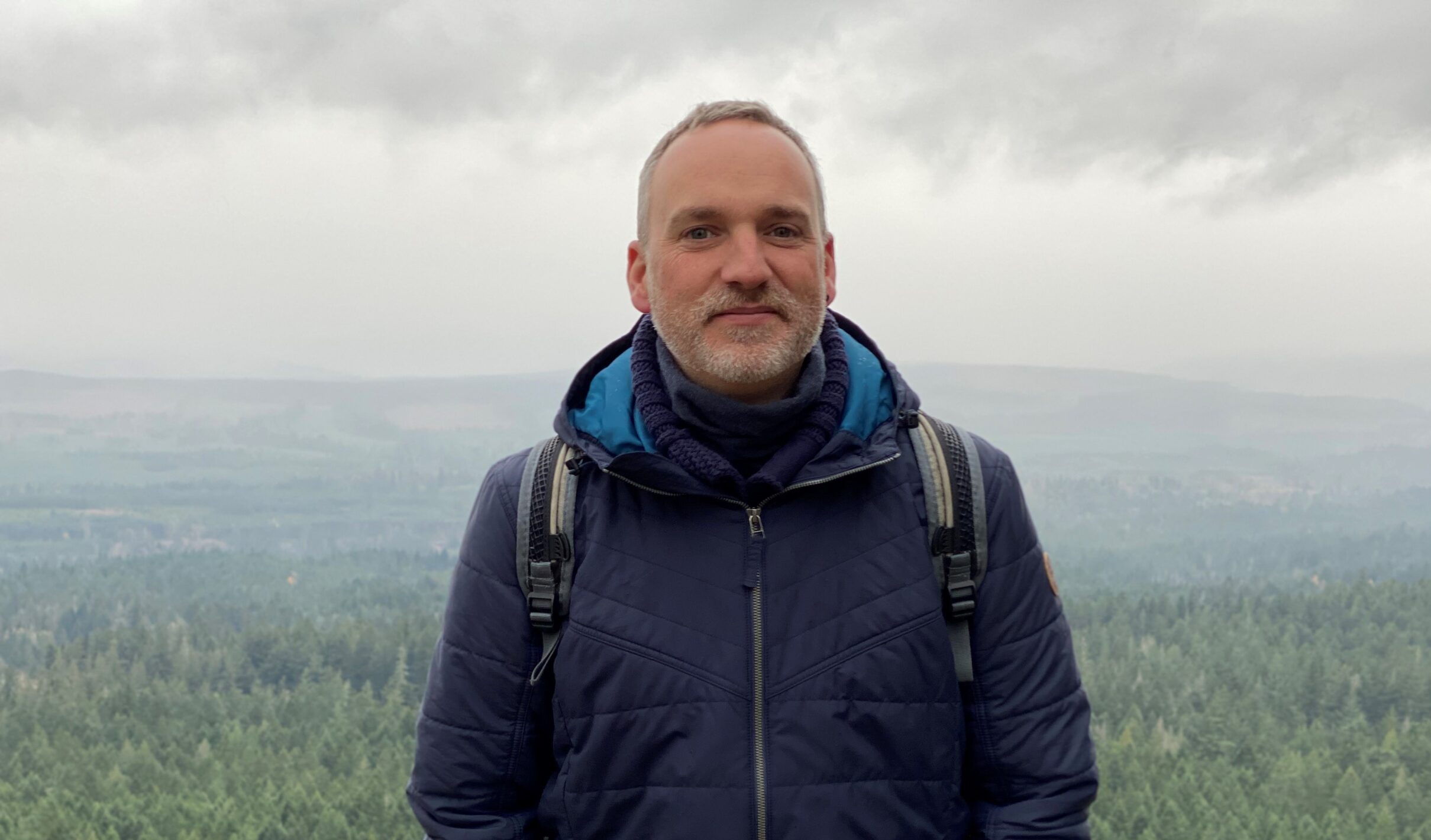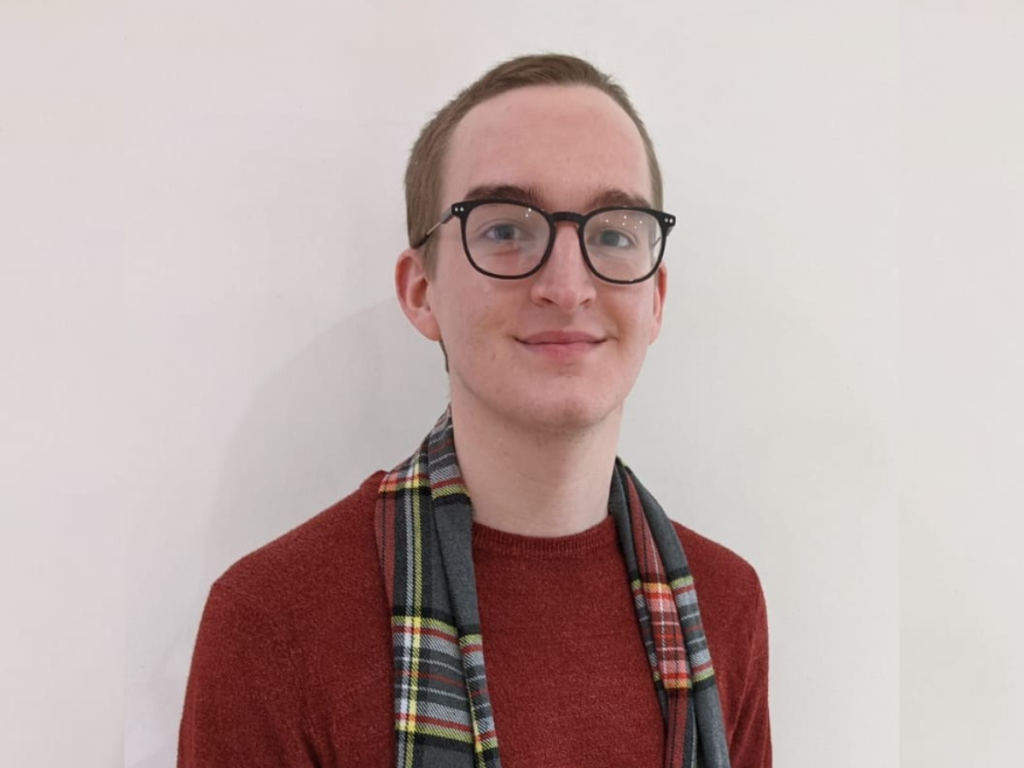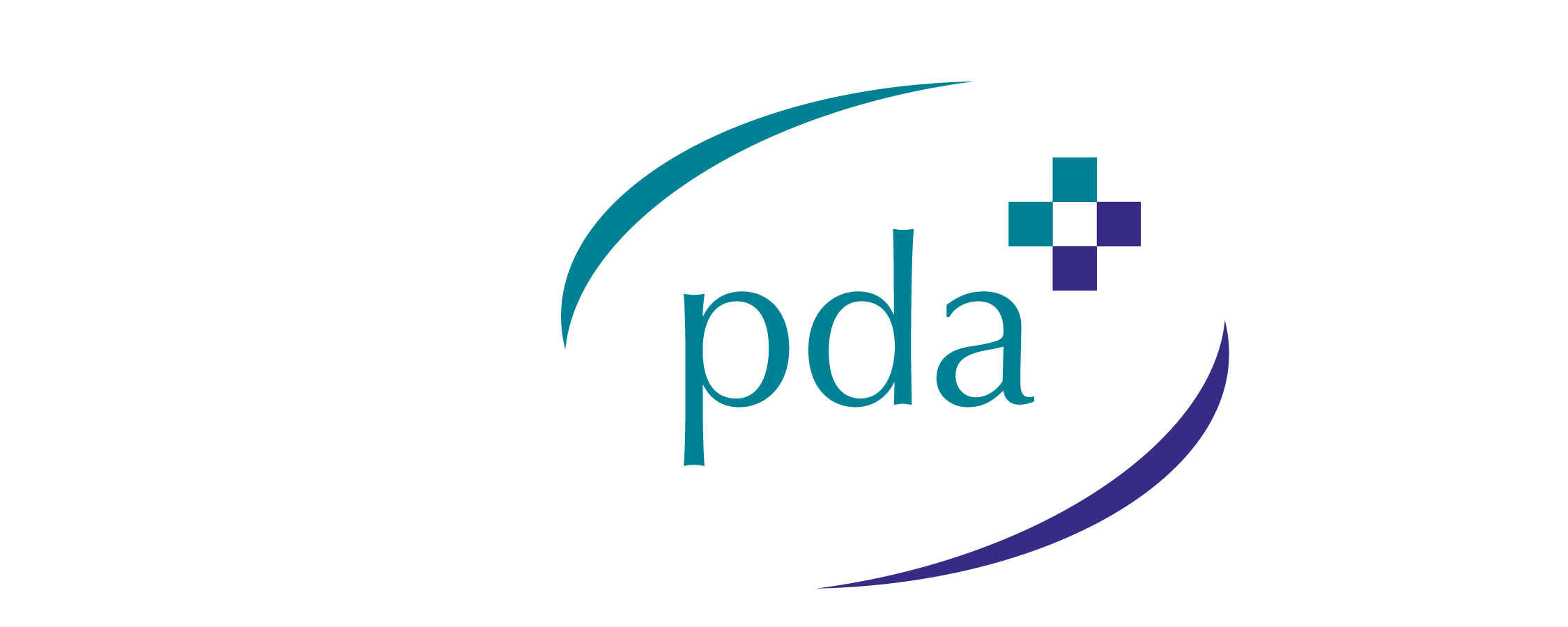
Hear from a fellow pharmacist about supporting LGBTQ+ colleagues
Paul Scott-Harris shares his advice for supporting LGBTQ+ colleagues and experience of looking for work outside of the UK.

Scott is passionate about bringing inclusivity to the pharmacy profession. We caught up with them to hear about their experience being part of the LGBT+ community whilst studying pharmacy and what it’s like being president of the only LGBT+ network for the profession.
Scott is passionate about bringing inclusivity to the pharmacy profession and is excited to see a change in the future for their LGBT+ colleagues and future students. We caught up with Scott to hear about their experience being part of the LGBT+ community whilst studying pharmacy and how the PDA’s LGBT+ Network is helping those in the community.
To my knowledge, the PDA LGBT+ Network was, and still is, the only group within the UK’s pharmacy profession solely for LGBT+ MPharm students, trainee pharmacists, and registered pharmacists, and their allies. As a result, the Network seemed like a good way to meet queer people in pharmacy, and gain a perspective as to what it was like to be LGBT+ and a pharmacist.
Once I joined, it soon became apparent that the potential of the Network reached far beyond networking; it was an opportunity to share positive and negative experiences, raise awareness of LGBT+ health inequalities, and work towards enacting change.
University has undoubtedly catalysed the development of my queer identity. However, in addition to the relentlessly intense four years of studying, pharmacy students belonging to minority groups face additional challenges.
From Freshers’ week onwards, LGBT+ students are forced to evaluate every space and encounter to identify where it is safe to be ‘out’ and be themselves. We accept that we will be treated differently, subtly or overtly. We accept that we may not fit into any particular friendship groups, that we may be somebody’s punchline, and that we may be taken less seriously than others. Further to this, it is rare that we are represented within our learning.
Tolerance is not enough. Who wants to be tolerated? Our identities should be celebrated, accepted as they are, and appreciated, not just put up with.
With anti-LGBT+ hate crimes soaring and a culture war with regards to trans rights raging, it does not suffice to stay quiet or complacent. Individuals and institutions must be loud and clear in their allyship; listen to us, give us a voice, represent us, and vocalise your solidarity.
The education of future pharmacy professionals must be LGBT+ inclusive, as is the basis of the #LGBTplusMPharm campaign. Further to this, current pharmacy professionals must educate themselves about what it means to be LGBT+, the inequalities the community faces, and their role in alleviating these inequalities.

"Within the profession, I would like to see LGBT+ people be taken more seriously, and be celebrated exactly as they are without having to unfairly censor themselves."
Scott is passionate about bringing inclusivity to the pharmacy profession. We caught up with them to hear about their experience being part of the LGBT+ community whilst studying pharmacy and what it’s like being president of the only LGBT+ network for the profession.
Globally, I hope that LGBT+ identities will no longer be criminalised, and instead I hope that the international LGBT+ community can be accepted and celebrated.
By 2072, I hope young people can grow up surrounded by limitless forms of self-expression, knowing that they can be whoever they want to be and never be limited by that.
In the shorter term, the rights of trans people (including non-binary people) must stop being placed at odds with the rights of cisgender women. Social attitudes towards LGBT+ people must be changed in order to tackle inequalities, such as the disproportionate level of homelessness, health and healthcare inequalities, and high levels of discrimination faced by LGBT+ people. Within the profession, I would like to see LGBT+ people be taken more seriously, and be celebrated exactly as they are without having to unfairly censor themselves.
I will admit that I am better at staying motivated than I am at taking care of myself. But over the past four years, I have learnt the importance of knowing when to stop and say no. I like to keep my evenings free to relax, and I like to make ‘to-do’ lists to structure my day and give me a sense of achievement.
In terms of staying motivated to make change, there are so many issues that I feel powerless to tackle. However being able to use my privilege, time, and effort to combat some of these problems and make things better for people gives me my motivation, and brings me some comfort. Furthermore, seeing others’ passion and desire for change empowers me to stay motivated, despite pushback.
If you feel as though you are being discriminated against at university, your training placement or at work then please reach out for help.
The PDA is the trade union for pharmacists, trainee pharmacists and MPharm students. Trainees can join the PDA for free. Take advantage of free employment advice (including workplace bullying) and advice on fitness to practise issues. The PDA also has a range of initiatives to support you through your foundation year.
Click here to view the PDA website
EACH is a charity for young people and adults affected by homophobia. They have a helpline for young people who are experiencing homophobic bullying. You can call them on 0800 1000 143.

Paul Scott-Harris shares his advice for supporting LGBTQ+ colleagues and experience of looking for work outside of the UK.

Our Counselling and Peer Support service is for those seeking a safe, confidential place to talk about professional or emotional issues or worries.

Read about our work with the Pharmacists' Defence Association.